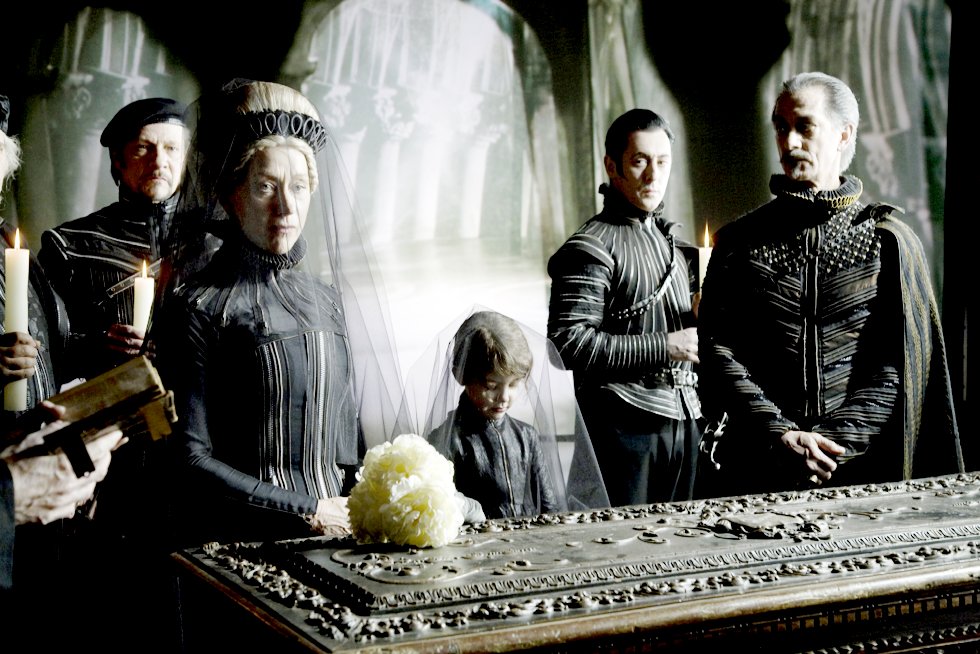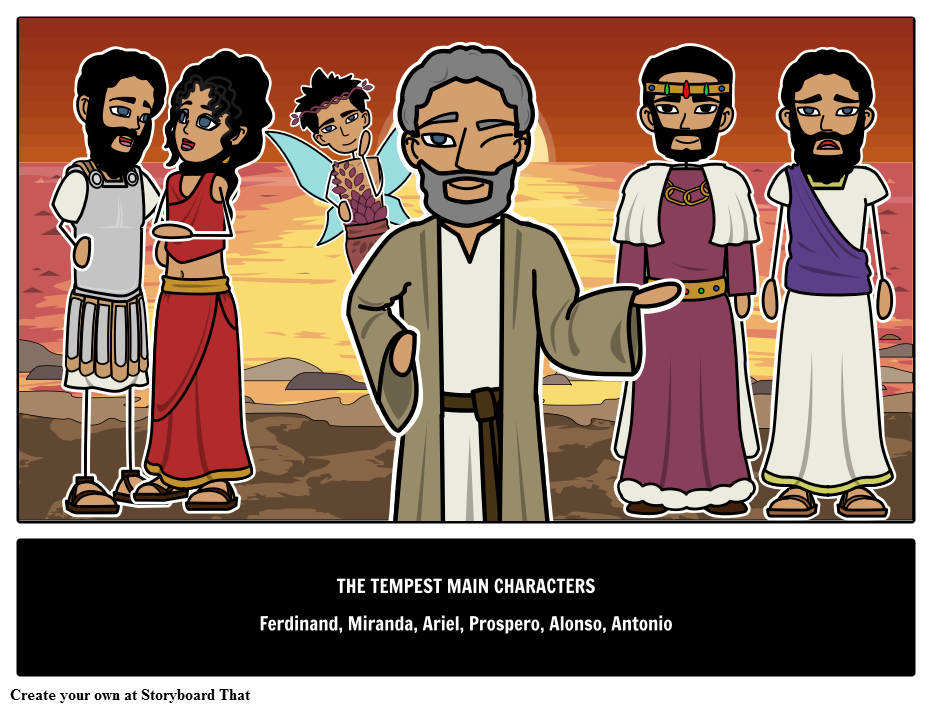

The fact that the forced marriage of Claribel to someone she “loath” is juxtaposed with Caliban’s attempted rape of Miranda (“thou didst seek to violate/The honour of mine child” Act 1 Sc2 lines 346-7), Prospero’s use of magic to engineer a marriage between Miranda and Ferdinand (“So glad of this as they I cannot be,/Who are surprised with all”, “I’ll to my book,/For yet ere suppertime must I perform/Much business appertaining” Act 3 Sc 1 lines 92-96) and Caliban’s incitement of Stephano to take Miranda after killing Prospero (“He has brave utensils /And that most deeply to consider is/the beauty of his daughter”, “She will become thy bed, I warrant,/And bring thee forth brave brood” Act 3 Sc 2, ) can be read as setting up a parallel between arranged marriage, being the victim of witchcraft, and rape. Weighed between loathing and obedience atįrom a postcolonial viewpoint then, descriptions of Claribel’s marriage convey a racist Jacobean mindset, whereby the idea of sex with an African is assumed to inspire “loathing” and marriage to an African is depicted as animalistic, while marriage to European is depicted as holy “bless”.įrom a femi nist viewpoint, however, Claribel’s can be seen as one of a string of marriages and attempted marriages in the play which highlight aristocratic women’s lack of autonomy in the 17th century and their status as tokens handed between men. Sebastian further makes clear that Claribel was physically revolted by her future husband and was torn between the desire to escape marriage to someone she “loath” and desire to do her filial duty and obey her father’s command to marry his choice of suitor: Suggesting that the idea of marriage to an African was so widely viewed as unnatural and revolting, that everybody tried to dissuade Alonso. “You were kneeled to and importuned otherwise By contrast, the verb “bless” implies that marriage to a European is holy and right and Europe is constructed as “our” continent, where “we” belong, whereas Africa is alien, unfitting and Other. This one word suggests both that women are farm animals who are reared for marriage and that Africans are animalistic, dangerous predators. The verb “loose” is an animal image which suggests Claribel is a tame animal who has been deliberately let off the leash or “loosed” as prey to a wild predator. Thus these lines may have been intended as flattery for James, who was “bless our Europe with daughter”. That would not bless our Europe with your daughter,īut rather loose her to an African” (Act 2 Sc 1, lines 125-127)Īt the time this play was being written (1610-11), James I was in negotiations with various European royal houses to secure a dynastic marriage for his daughter, Princess Elizabeth (she eventually married Frederick V, Count Palatine of the Rhine, in 1613). “Sir, you may thank yourself for this great loss, Sebastian savagely attacks Alonso for marrying his daughter to the King of Tunis, seemingly blaming the shipwreck on divine retribution for his monstrous choice of husband for Claribel:


She has lately married the King of Tunis in North Africa, and Alonso, Sebastian, Ferdinand, Antonio, Gonzalo etc were crossing the Mediterranean on their way home from the wedding in Africa when they were shipwrecked. Although there is only one onstage female character in the play (Miranda), perhaps reflecting the fact that female actors were not allowed on the Renaissance stage and the company had to rely on a limited supply of boy apprentices with limited skills to playįemale parts, there are two offstage female characters who are frequently spoken about, although they never appear onstage: Sycorax and Claribel.Ĭlaribel is the daughter of King Alonso of Naples in Southern Italy and the sister of Ferdinand.


 0 kommentar(er)
0 kommentar(er)
